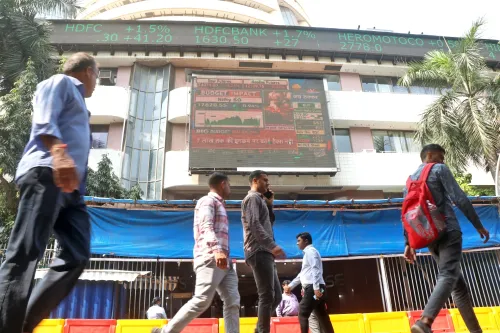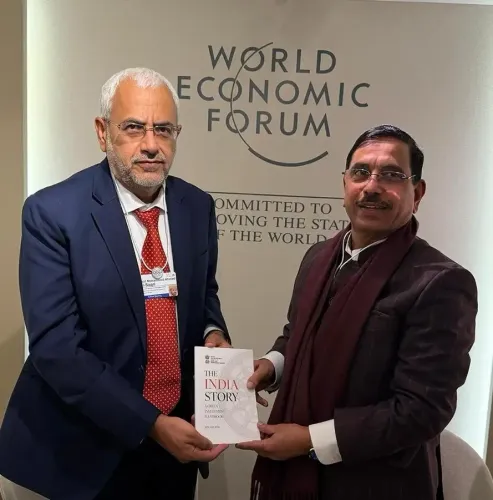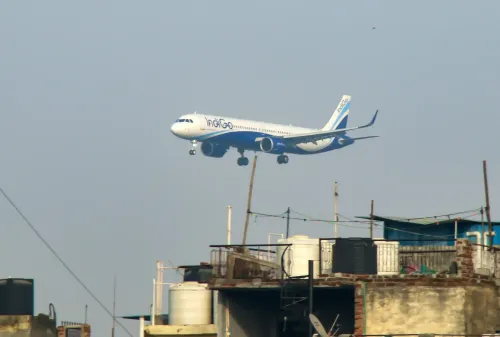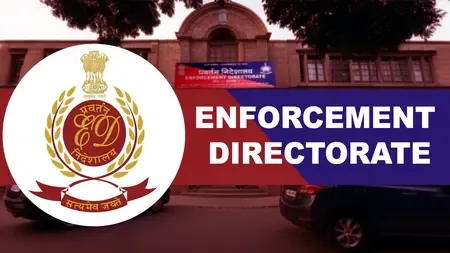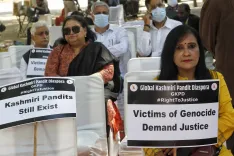Why Was Rs 59 Lakh Worth of Liquor Crushed in Vadodara?
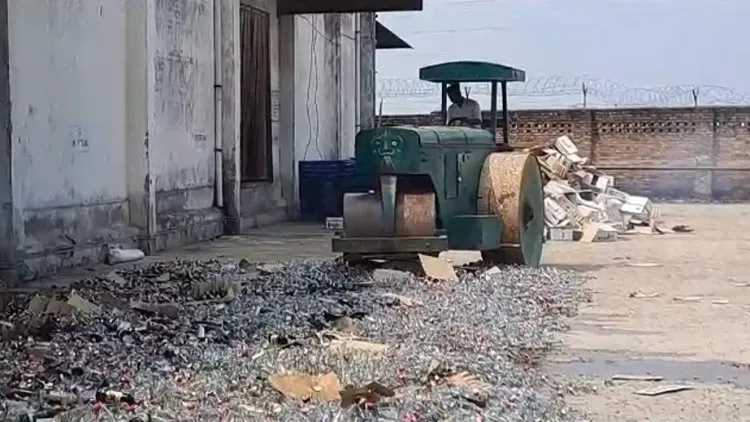
Synopsis
Key Takeaways
- Authorities in Vadodara crushed Rs 59 lakh worth of liquor.
- The operation was conducted under a court order.
- Gujarat maintains strict prohibition laws.
- Public destruction of seized liquor aims to deter illegal trade.
- Previous incidents highlight ongoing challenges in combating bootlegging.
Vadodara, May 21 (NationPress) Liquor worth Rs 59 lakh that was confiscated from various police stations under DCP Zone-1 was obliterated by a road roller in the Koyali region of the city.
This decisive action was executed following a court directive from Vadodara allowing the disposal of seized liquor accumulated at police stations in Gorwa, Nandesari, Jawahar Nagar, Fatehganj, Sayajigunj, Laxmipura, and Chhani. The crushed inventory featured hundreds of bottles of both Indian and foreign-made liquor.
Key officials, including the local Mamlatdar, witnessed the operation. The liquor was spread across the road, and a road roller was maneuvered over the bottles, smashing them into fragments and foam in a symbolic gesture against the illegal liquor trade.
Gujarat's strict prohibition regulations have resulted in frequent confiscations and public destruction of illegal liquor statewide.
These actions aim to discourage illegal alcohol commerce and reinforce the state's commitment to maintaining its reputation as a 'dry' region.
In December 2024, Valsad police demolished over 7.19 lakh bottles of Indian Made Foreign Liquor (IMFL) worth Rs 10 crore as part of a Swachh Bharat initiative.
In a similar vein, in October 2021, authorities in Ahmedabad crushed 12,384 IMFL bottles valued at Rs 73 lakh using a road roller in the Gota area.
In January 2022, Vadodara city police dismantled 60,003 bottles and cans of IMFL worth Rs 1.07 crore, seized from four police stations over the course of a year.
However, these efforts have not completely eradicated the illicit liquor issue. In July 2022, a tragic event in the Botad district led to at least 42 fatalities and over 97 hospitalizations due to methanol poisoning from counterfeit liquor.
Investigations uncovered that the toxic alcohol was illegally procured and distributed by bootleggers, resulting in numerous arrests.
In October 2021, Kamrej police uncovered 3,221 IMFL bottles in a Surat sub-jail, with 1,678 bottles traced back to a batch that was supposedly destroyed under a road roller in August of that year. This incident led the Gujarat High Court to mandate an investigation into the situation.


